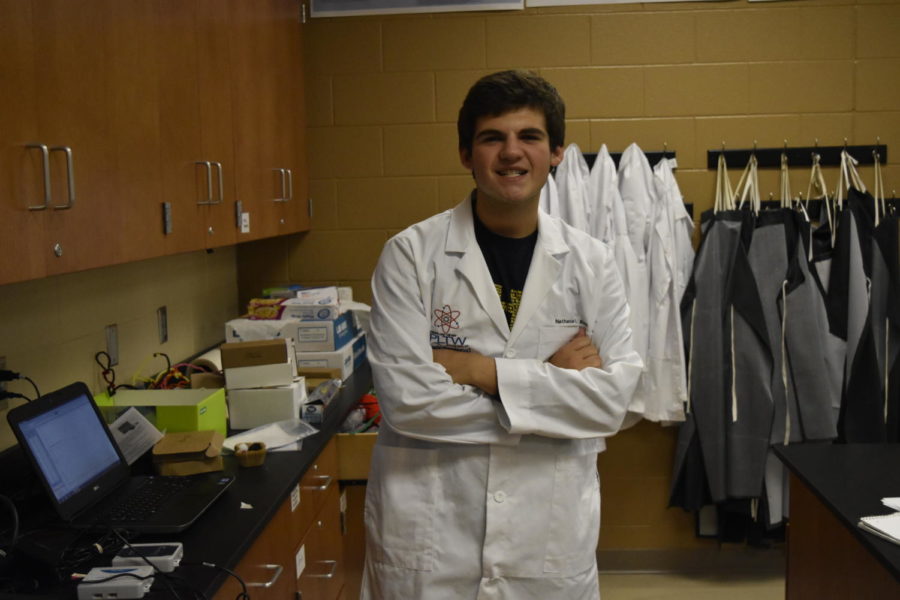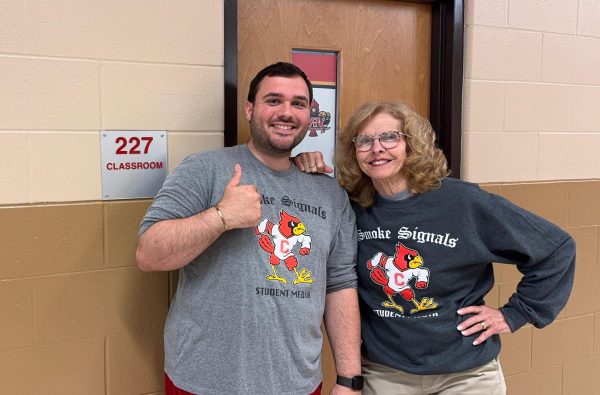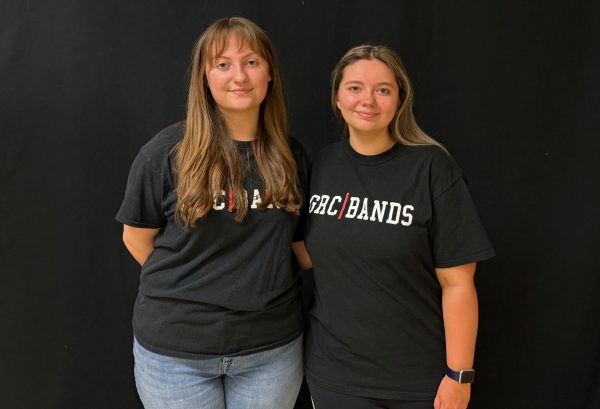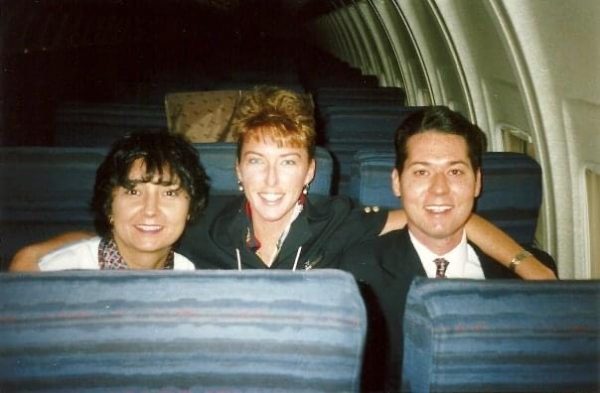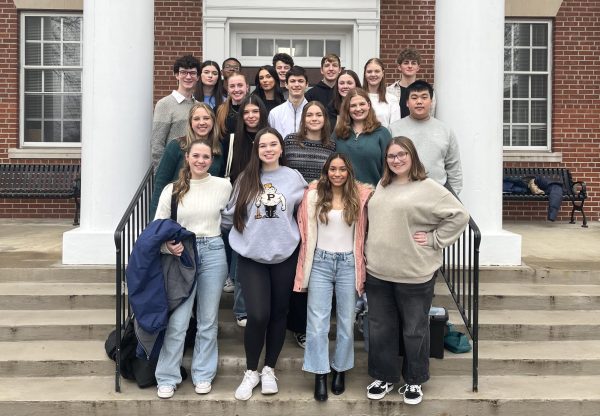Biomed Student Conducts Study On The Effects of Sleep
Imagine how great it would be if you had a dollar for every time someone preached to you about getting more sleep.
Have a test? Make sure to get eight hours of sleep the night before. Feel like you’re coming down with a cold? Rest will help your body recover. Lacking energy?
Establishing a sleep routine will revive you.
It seems that society has made sleep the go-to antidote for any problem or ailment.
Biomedical Innovations student Nathan Bush is testing this theory in a five-week study on the effects of sleep.
Every morning before school, Bush takes the blood pressure, heart rate, and skin temperature of eleven participating students. He then asks them to record the time they went to sleep and woke up, what they ate for breakfast, and any physical activity or stressful events in the past 24 hours.
In the first week of the study, Bush allowed participants to go to bed at whatever time they preferred, which is often late for high school students.
During the following four weeks, Bush asked the participants to aim for a bedtime of around 10:30, which ensures they get at least eight hours of rest.
Bush is hoping his study will shed some light on the common conceptions surrounding sleep.
“Overall, the study can be used as a way to prove or disprove what we as students have been told for years, which is getting the proper eight hours of sleep actually benefits our health,” says Bush.
Although the results of the experiment cannot be drawn until it is over, Bush has already noticed a difference in some of the participants.
Everyone is different, but Bush says getting more sleep has helped some students in getting their blood pressure back to normal.
Of course, waking up earlier to come in before school to participate in the study can be as challenging for students as going to bed earlier. However, most of the participants are committed to the study for the sake of the information it will provide.
“I motivate myself to do this study every morning by telling myself it will help out a friend, and I find it interesting how every participant differs in blood pressure, heart rate, and skin temperature,” says participant Madison Malicote.
Bush is one of three students completing an experiment for a year-long research project, which will be presented at the end of the year.
Ms. O’Brien, Bush’s Biomed teacher, hopes that this type of research will help her students grow as researchers.
“I love watching my students do this type of research because they are able to ‘take charge’ of their education,” says O’Brien. “I hope that it gives them an appreciation for how difficult it is to study something as complicated as humans.”
Bush, who wants to be a cardiovascular surgeon, hopes the experience he gains from conducting this study will help him in the medical field.
“This experiment has allowed me to get a better understanding of how much work it takes to get the job done,” says Bush. “I’ve always been told eight hours of sleep is what you’re supposed to get but actually having the facts and being able to prove or disprove it makes a difference.”
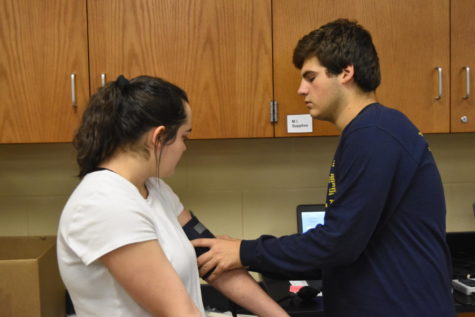
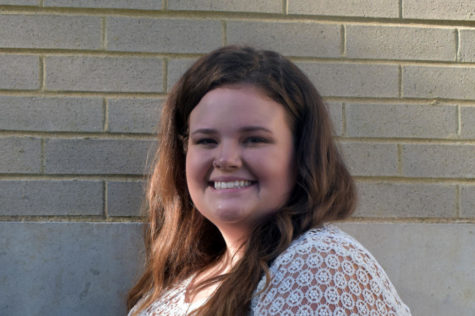
Olivia Montgomery is a Senior and second-year Smoke Signals member. Her favorite animal is a polar bear, her favorite movie is Almost Famous, and she is involved with Y-Club.


